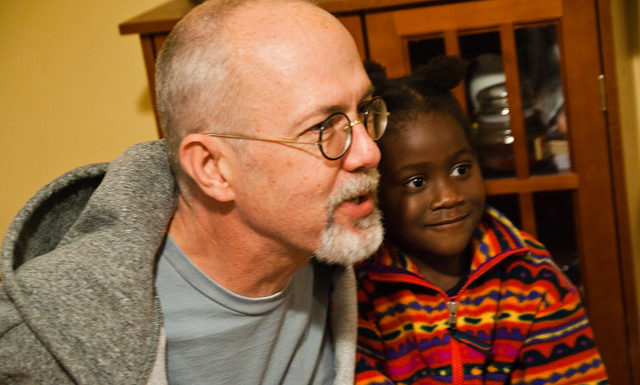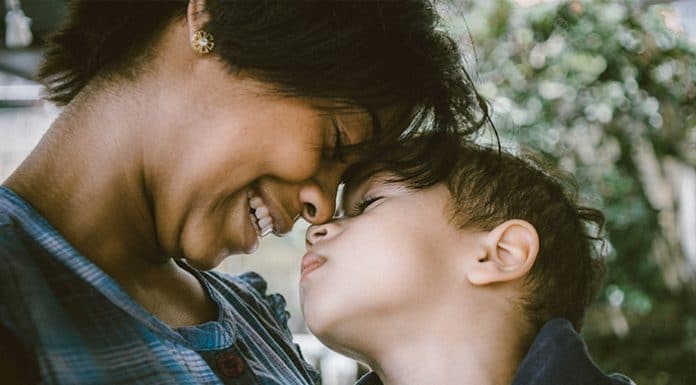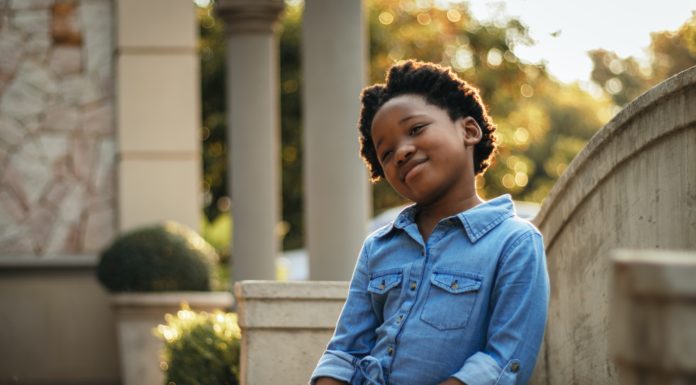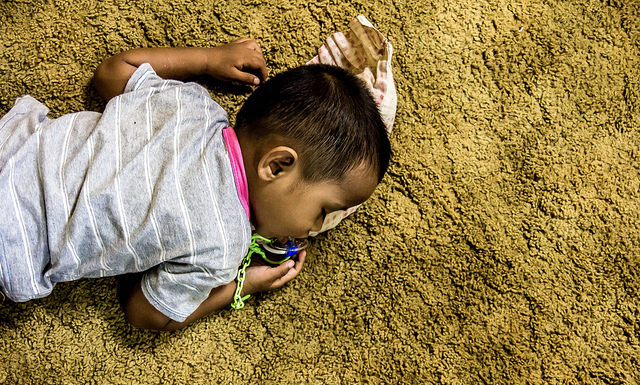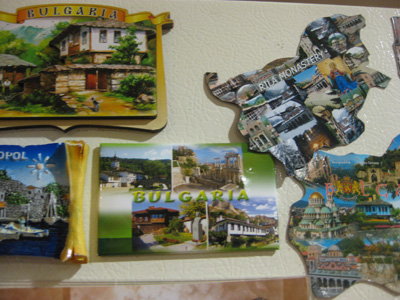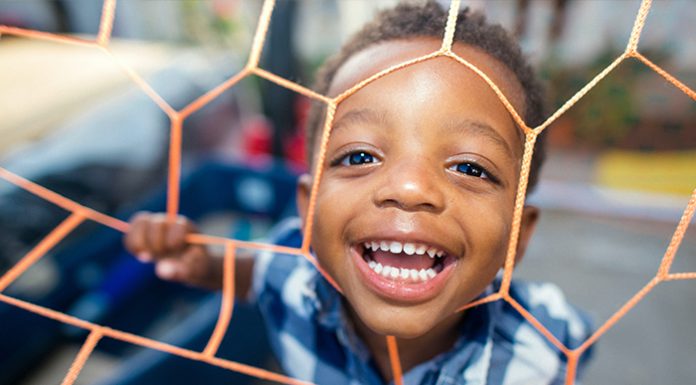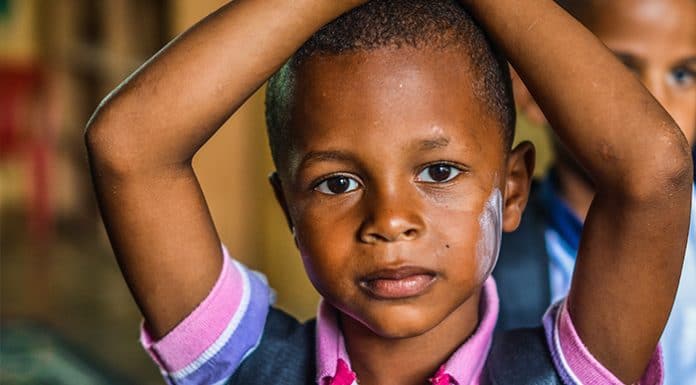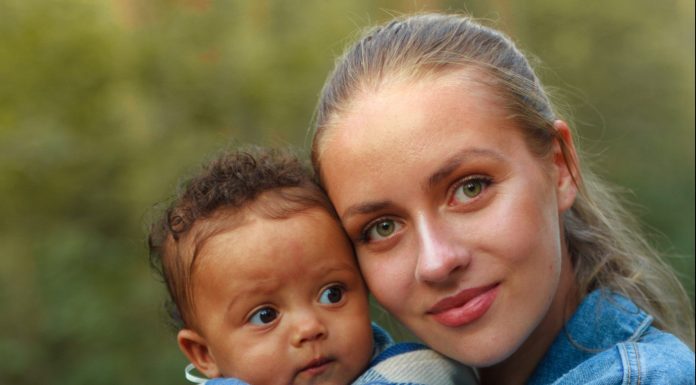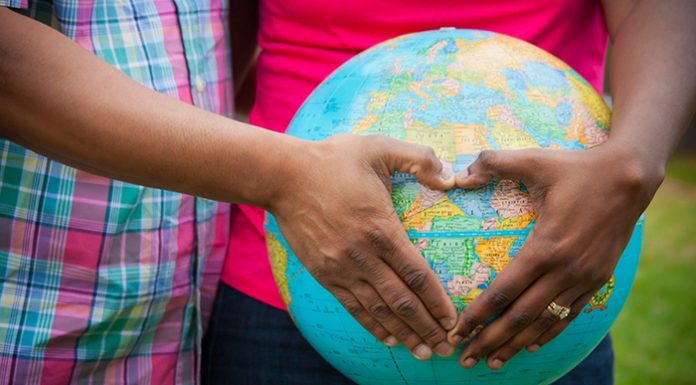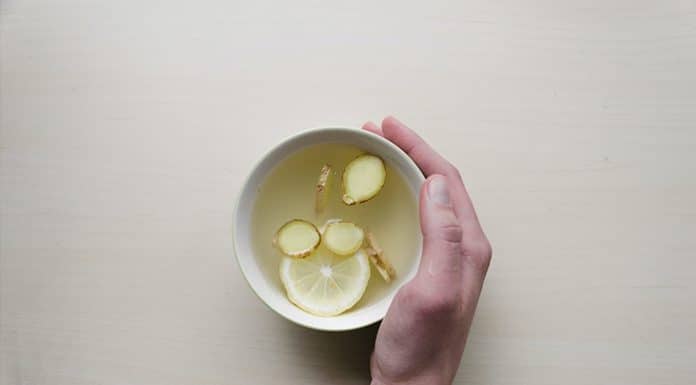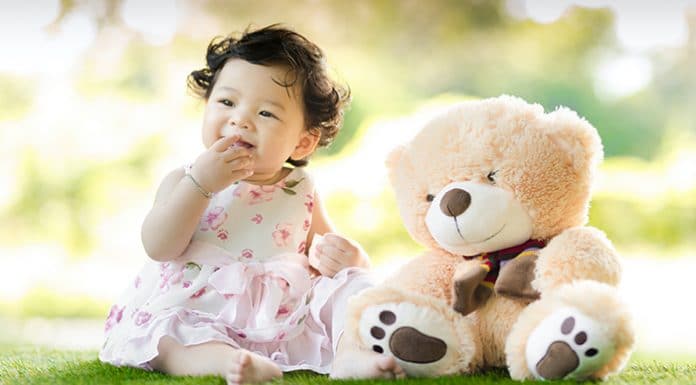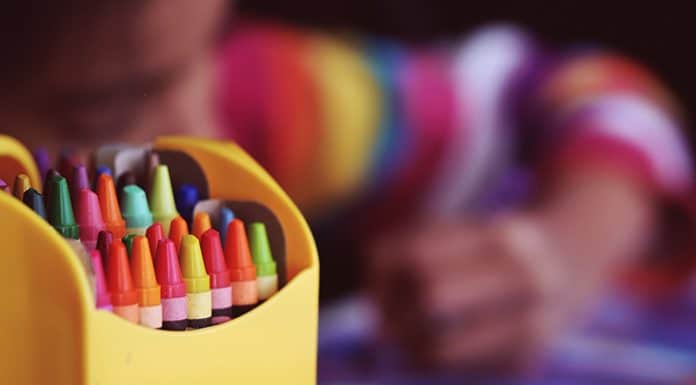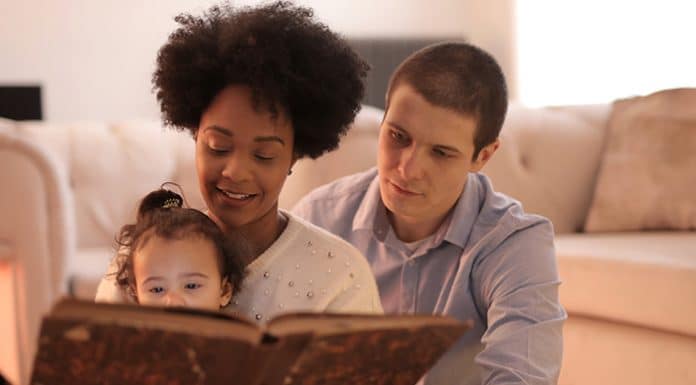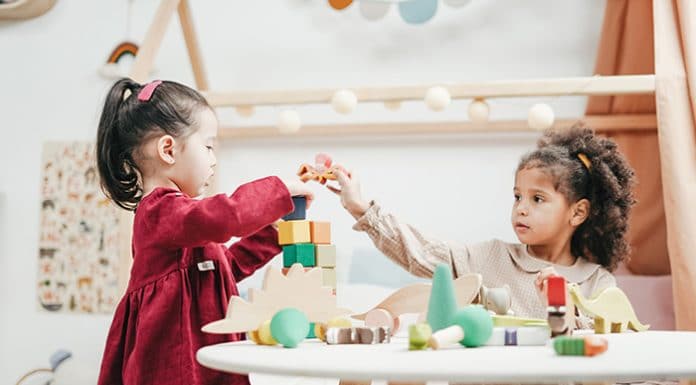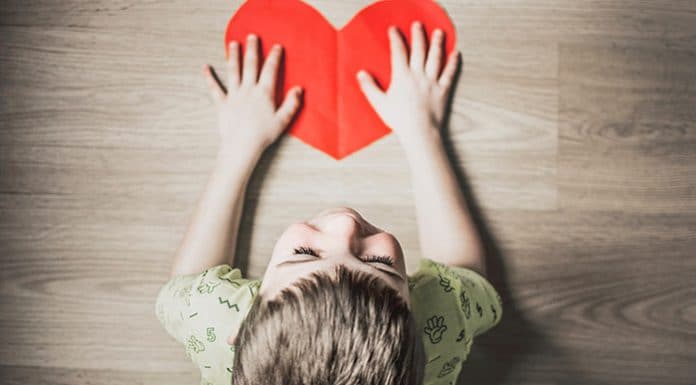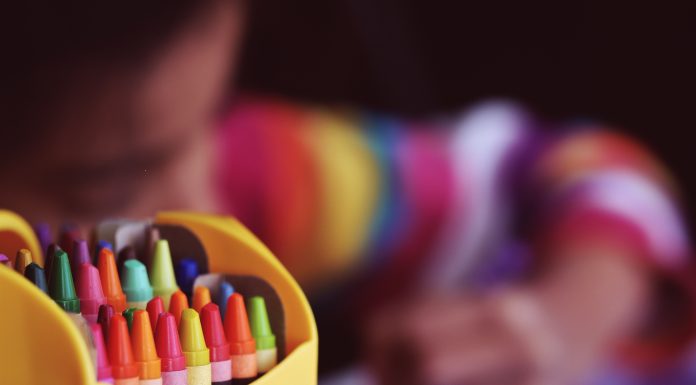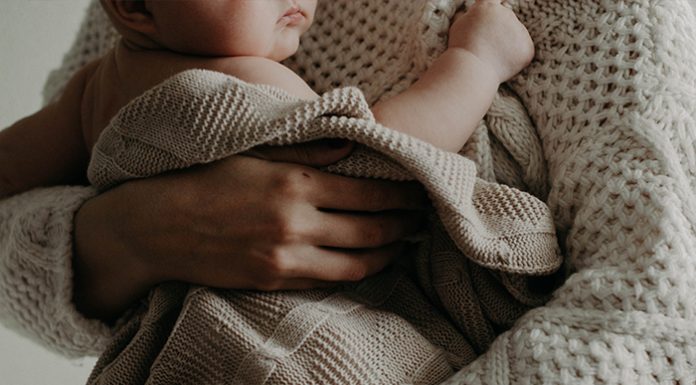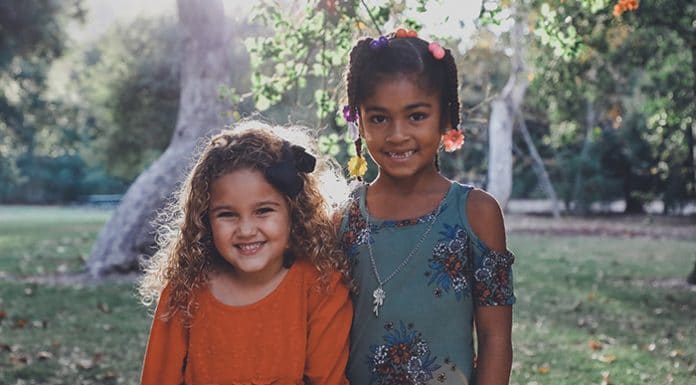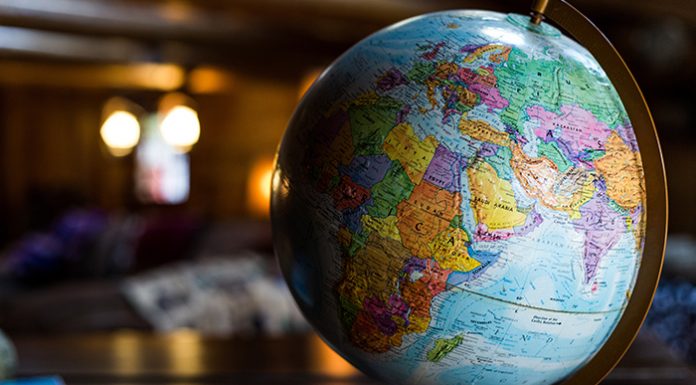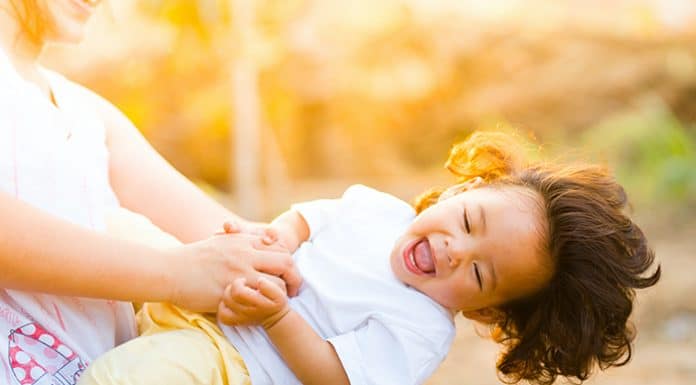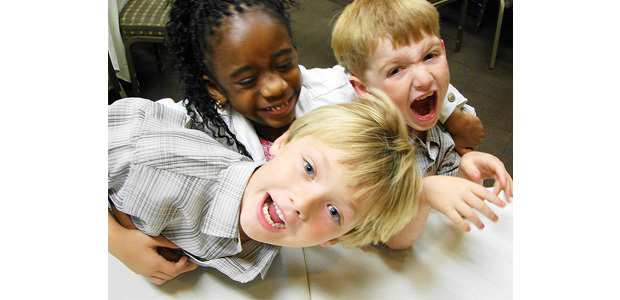10 things you may want to consider before sending in that adoption application.
Motherhood is more difficult than I thought it would be, a lot more difficult. The witching hour is no joke, and is why, I am certain, cocktail hour was invented.
My daughter Meazi likes moms who are made-up, fashionable and beautiful, who have fine jewelry and nice leather boots. Moms who are not me. But when she wrote down what she was thankful for this Thanksgiving, I could not have been more surprised by her response.
From the time my kids have been home, they have demonstrated some strange ideas on sleeping. Some orphans have slept on the streets prior to being adopted. Mine had sometimes slept in haystacks near the animals. Some slept in small houses with one room where 25 people would sleep. As a Westernized society, we often forget that many kids LOVE to sleep in odd places.
A culinary tour of traditional Bulgarian foods to celebrate our upcoming adoption from Bulgaria.
I’ll never forget the day I pulled into our driveway and my then two-year-old son, who really only knew a dozen words at the time, looked out from his car seat at our small white house in Los Angles and said, “Home.” He had only been with us for about a year and a half at the point. “This is good,” I thought. “Yes, Melese. You are home.”
The international adoption process is like nothing I’ve ever experienced before. With our dossier (legal documents and official application) submitted, approved, signed, sealed and delivered to Bulgaria, there is nothing to do but wait. And it's not easy.
When it came time to enroll my son Melese in school, I found a diverse, Reggio-based preschool within walking distance of our house. I explained to the director that my son had a tough history, rife with loss and upheaval. She assured me that they would follow my lead as I began the process of gently sanding off my barnacle. It did not go smoothly.
I think I know how you are feeling. Maybe you feel like you aren’t a real woman? Maybe you think you will never ever recover from that last miscarriage you had? Maybe you feel that everyone else and their sister are happily pregnant with their third child.
As an adoptive mother, I know that being adopted is an essential component of my child’s identity. But with only room enough for a pithy caption beneath the photos, these magazines hardly seem concerned with accurately capturing the essence of a person's identity.
Adopted from Ethiopia, Ella had lost both her parents and had trouble bonding with her new family. No one suspected that a simple cup of tea would bring back so many memories and forge new connections.
How this family decided to adopt from Ethiopia and the importance of culture
With four cultures represented in their home, this family decided on the American tooth fairy.
Recently Jin's imagination gave me my first taste of the nuances of parenting an adopted child.
Growing up, my sisters and I learned Dutch before English...My immigrant parents and I often found a gulf separated us from fully understanding each other. Food became part of a bridge we built in my adult years.
In the beginning it was about wanting a baby. I desperately wanted a baby. Every single cell in my body was screaming to be pregnant. My late twenties and all of my thirties were dedicated to the goal of getting pregnant.
One couple's adoption journey as a mixed race, multicultural family.
There is a lot of debate over whether international adoption is “right” or “wrong,” I have become increasingly frustrated with the way in which the very complex issue of international adoption has been reduced to an overly simplistic question of right vs. wrong. One result of this over-simplification is the children who need help have become the victims of international adoption policies.
People who see us out together call us the United Nations family. We are stopped constantly by people who ask, “Are these all yours?”
I spend a lot of time thinking about everything my children have lost. The list is long. Sometimes, however, something beautiful takes place, like it did on this sunny August day on the lake.
Do you know what to say and not say to adoptive families?
You already know what not to ask about adoption, so what are the right things to say?
When you join two cultures through marriage, like my husband and I, you know your children will live in the land between, never truly belonging to one or the other. What then for the child we adopted from Africa? How many in-betweens does she represent?
So, I caved! I gave my 12-year-old Ethiopian daughter a cell phone this year. As she was heading into middle school, I realized that she needed it to stay connected to us “in case of emergencies.” Well, as you can imagine, the phone has become an invisible lifeline between my sweet Grace and her friends.
When my husband and I decided to adopt internationally, we entered the process fully aware that adopting a child of a different race, ethnicity and culture would mean being intentional about how we’d honor his race, ethnicity and culture in our family.
One of my greatest fears as a white American woman adopting three Ethiopian children (two girls and a boy) was that I would mess up their hair.
I get an urgent call from one of the other Kindergarten moms. She tells me that there is a child that she wants removed from the classroom. My mind races a little as I think about what a strict school it is, so strict in fact that my daughter Meazi recently received a time-out for whistling.
I began to think about Aster’s birth mother long before the nanny handed her to me. It took many months for my daughter’s biological mother not to enter into my daily thoughts. I felt such deep sadness for this child who, we were told, would never have the opportunity to know the woman who birthed her.
I grew up in a multicultural house. My mother was born in the Netherlands. My father, although also of Dutch heritage, was born in Indonesia and spent much of his early years split between those islands and Australia. He brought with him foods, languages, a love of large birds and a unique accent.
In the two years that my husband David and I had been trying to adopt, I had thought a lot—a whole lot—about the day we would first meet our child. I had envied friends' photos of meeting their children, wondering what it would be like when (and at times if) we adopted our child. I had romantic notions that we would be crying with joy, holding our child, who would likely be confused and upset, but somewhat placated by the food and treats we would have brought him or her.
In the ten years between my wedding day and the day I met my children, I spent a lot of time fantasizing about all of the traditions we would celebrate once I finally became a mother. I didn't spend a lot of time thinking about the rituals and expressions that come along with loss and grief.
A simple fact of adoption is your adopted child will not look like you and your extended family. This can be had to accept.
I have one of those families that turn heads. I usually don’t notice. I am too busy shooshing everyone because we are also very loud. But every now and then I notice people have no clue what to make of us and look at us quite perplexed. I am the mother of 6 kids. We are a family of 8.




























